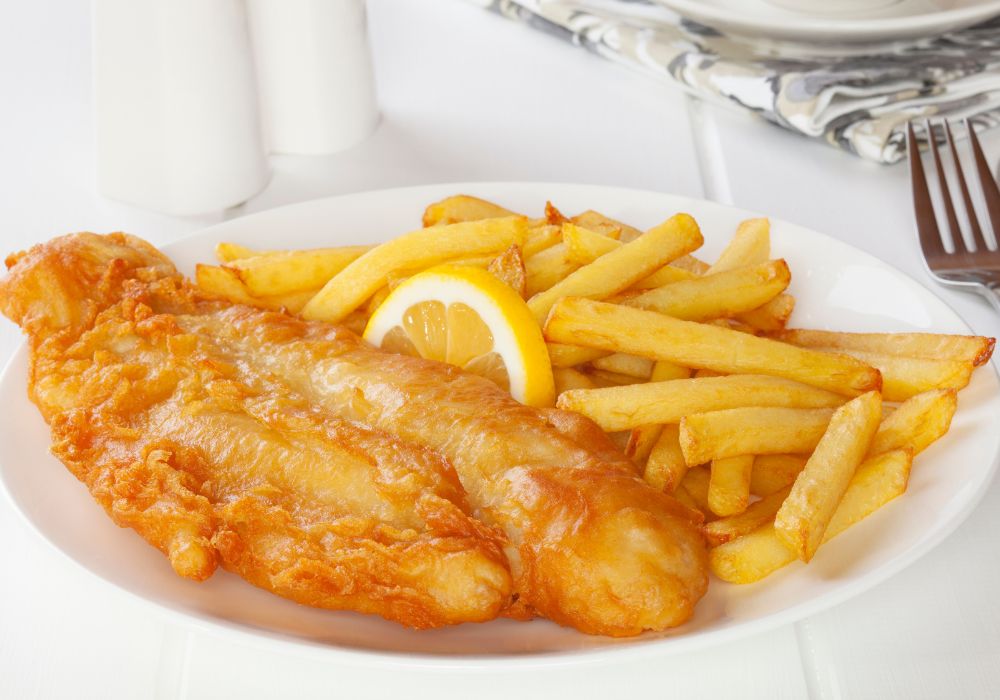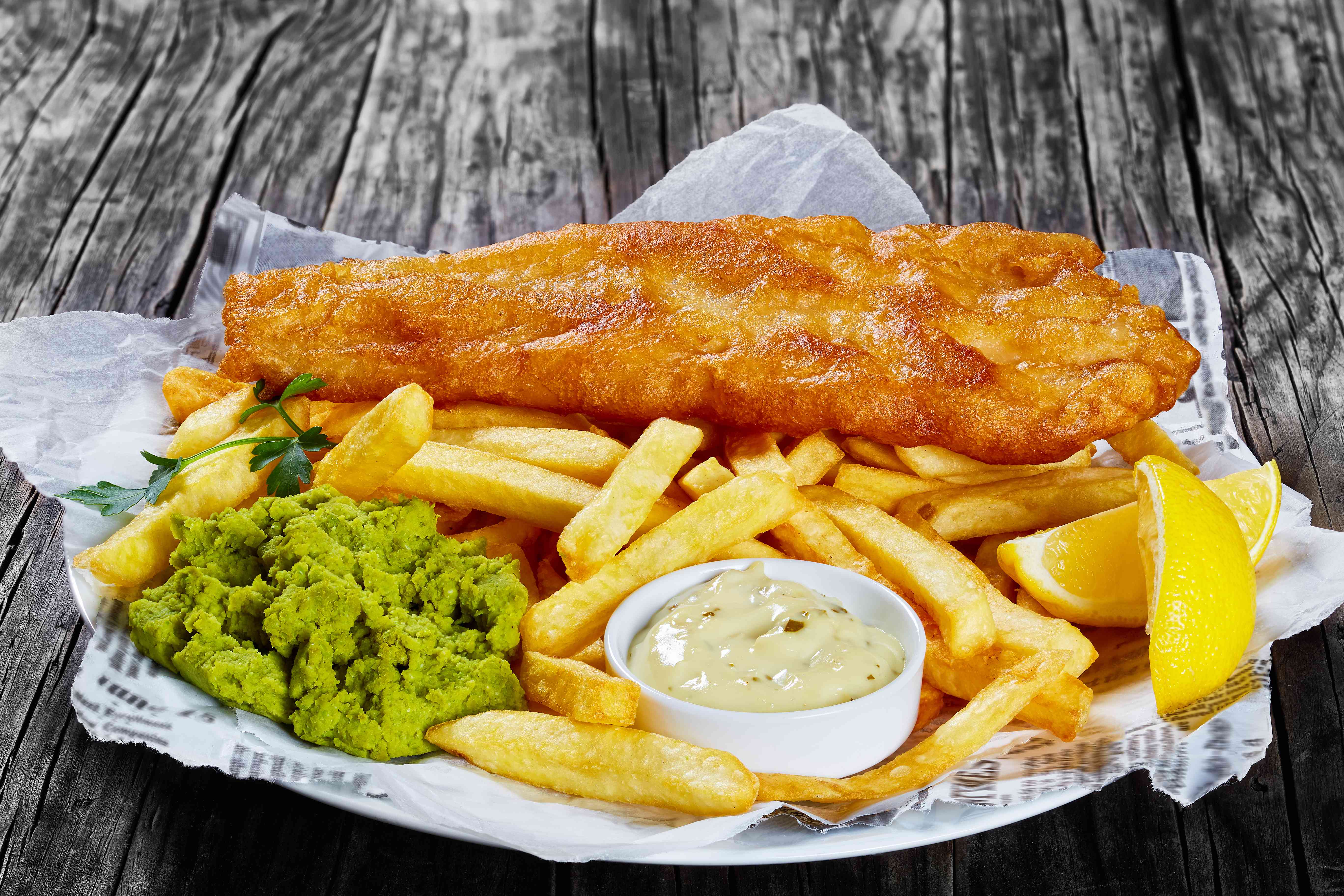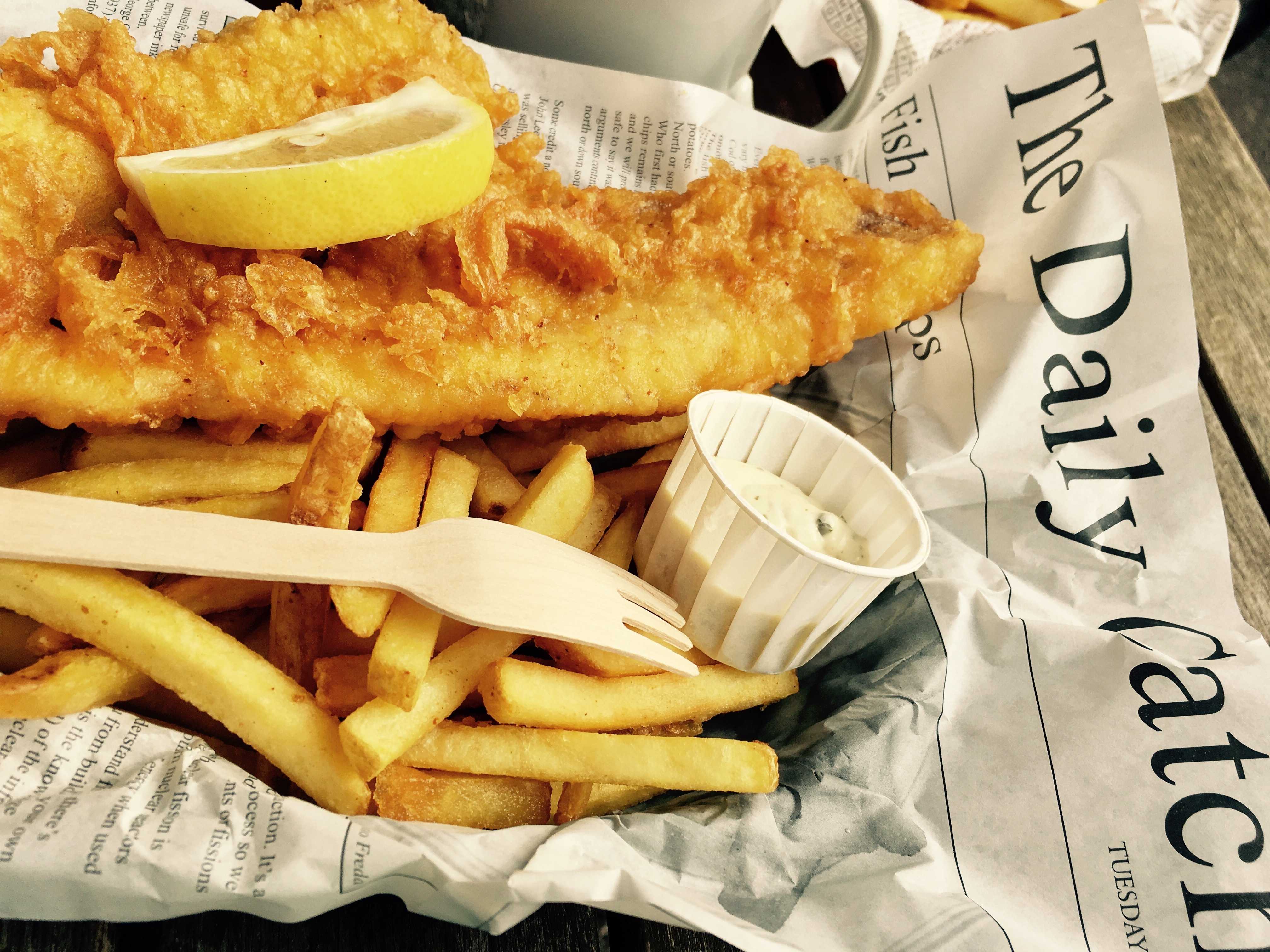From Wolverine to Superman and Batman, it’s no secret that everyone loves an origin story! And there are few heroes quite so beloved in English history and culture as the humble portion of fish and chips. So, let’s take a look at who invented fish and chips, where fish and chips come from, and how this tasty but simple meal found its place in the history books.
From the multi-purpose potato to the golden chip
You may think that potatoes are German or Irish, but they actually originated in the South American Andes – areas like southern Peru and north-western Bolivia. Here, it’s estimated that they were cultivated as far back as 10,000 years ago. The starchy tuber arrived in Europe via Spain and the British Isles, brought by trading ships in the 1500s. There are more than 4,000 species of potato, as well as 180 types of wild potato, paving its way to become the most important and popular vegetable in history.
With so many varieties and ways to cook them, it was a while before the delicious chip we know today was invented. Although it’s a British favourite (as in many parts of the world), chips were first invented in France. Their first mention is in a Parisian book published in 1775, with the first recipe appearing in a 1795 cookbook, La cuisinière républicaine (The Republican Cookbook). However, William Kitchiner’s The Cooks Oracle published in 1817 has the recipe that is most similar to what we cook, snack on, and enjoy today.
It’s important to remember that chips were considered a staple of the everyday working life, especially in the industrial north of the UK. This is largely because of the same reasons we love them so much today – they’re cheap, quick, simple, and delicious!
From fresh out the sea to freshly fried fish
Fried fish first came to the UK via Spain and Portugal as a dish known as pescado frito, brought by Western Sephardic Jews who settled in England. These families loved the taste of home – the light, crispy batter fried to a golden brown and flavoured with garlic powder, paprika, lemon, salt, and pepper. Some traditional recipes even use a beer batter!
Of course, no one can resist the smell of golden fried fish for long, and soon it caught on throughout the country. Even Charles Dickens wrote about fried fish warehouses in his famous novel, Oliver Twist, in 1838.
Again, fish was a very affordable and plentiful source of protein, so frying up fish became a popular home cooked meal as well as a staple in markets and food businesses.
When did this match made in heaven happen?
So, the real question is where do fish AND chips come from? And it’s not an easy one to answer! However, it’s fair to say that these two beloved foods finally became the perfect meal together in England, although no one quite knows where the first fish and chip shop was.
One account says that the first fish and chip shop in the North of England was opened by Mr Lees in 1863 in Mossley, near Oldham, Lancashire. In London, the first fish and chip shop is said to be Joseph Marlin’s (a Jewish immigrant) in Cleveland Way in the 1860s.
Whoever did it first, we’re eternally grateful, and it certainly has put its mark in UK history and is now fully appreciated as a nutritious combination. Fish and chip shops became so popular in the 1920s and 30s that there were an amazing 35,000 chippies, often running out of the front rooms of people’s homes – and some even had doormen to control the crowds! In World War 2, it was the only food not to be rationed. And today, around 10,500 chippies serve up 360 million meals of fish and chips each year – that’s six to every man, woman, and child in Britain.
Where do the best fish and chips come from? Your home or chippie!
More important than who invented fish and chips is where to find the best fish and chips! And the answer is any kitchen – home, restaurant, or chippie, using our palm oil!
Frymax is proud to offer a 100% RSPO certified sustainable palm oil product, helping to give restaurants, chippies, and home cooks a healthy and ethical product that doesn’t harm the environment or communities. As a result, our palm fruit oil is one of the most sustainable products on the market, providing you with a GMO-free, healthier and ethical source of golden, deep-fried fried perfection! If you’d like to learn more, get in contact with Frymax.
Become a Frymax member today to gain access to exclusive content, expert frying advice and the chance to enter our fantastic competitions.






